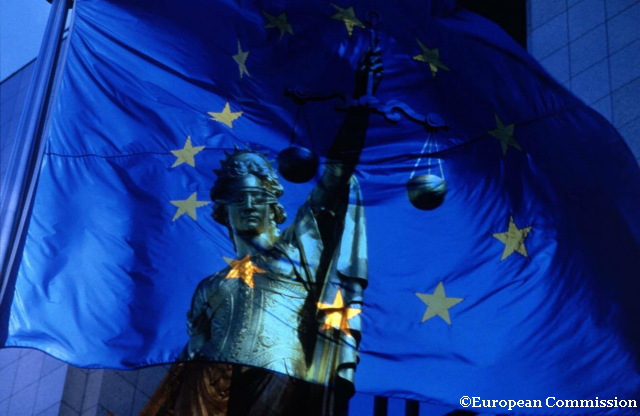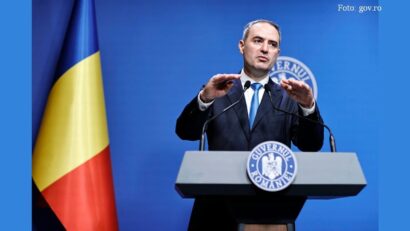EU Funding and the Rule of Law
The Member States that fail to observe the fundamental values that the EU is grounded in might be deprived of community funds

Ştefan Stoica, 08.10.2020, 13:50
On Wednesday, the European Parliament voted a resolution that includes proposals for a mechanism aimed at protecting and strengthening democracy, the rule of law and fundamental rights. The reason is simple: the current control mechanisms used to monitor the health of democracy in the EU are no longer effective, because they are not binding enough when the governments fail to observe the rules. In the resolution, the European Parliament reaffirms its worries in relation to what it describes as “the rise and entrenchment of autocratic and illiberal tendencies, further compounded by the Covid-19 pandemic and economic recession, as well as corruption, disinformation and state capture, in several Member States.”
The document also reads that the EU remains structurally ill-equipped to tackle an ongoing and unprecedented crisis of its fundamental laws, giving as an example the Councils failure to make meaningful progress in enforcing the procedures started against Hungary and Poland. That is why, the European Parliament believes, specific country recommendations are needed for the initiation of the Mechanism on the protection of European values, infringement proceedings and conditions to access European funds.
Therefore, the EP proposes an Annual Monitoring Cycle, which will include preventive and corrective aspects, based on specific recommendations, with calendars and objectives for concrete measures, budget conditionalities and infringement proceedings. The proposals would strengthen and add to the existing mechanisms, such as the recent European Commission Report on the Rule of Law. Failure to settle the issues identified in this way might lead to specific corrective measures.
Basically, the European Parliament wants the states that do not observe the European values and the principles of a European type of liberalism to no longer have access to the funds of a community founded on the very principles that such states breach.
The European Parliament will only approve the 2021-2027 budget if there is a concrete conditionality mechanism that allows for a reduction or suspension of EU funding, when a member country does not respect the principles of the rule of law. Directly targeted by Union procedures for attempts to politically subordinate justice and public media, the conservative regimes in Hungary and Poland have threatened to block the future EU multiannual budget and the European post-pandemic recovery fund of 750 billion euros, if conditionalities on the rule of law will be introduced.
In the ex-communist East there is a temptation to reinterpret the rules for ones own benefit. Even though no infringement proceedings have been launched against them, Romania, Bulgaria and Slovakia have been criticized for corruption and, in the case of the former left-wing government in Bucharest, pernicious changes to the laws of justice. (M. Ignatescu)






























